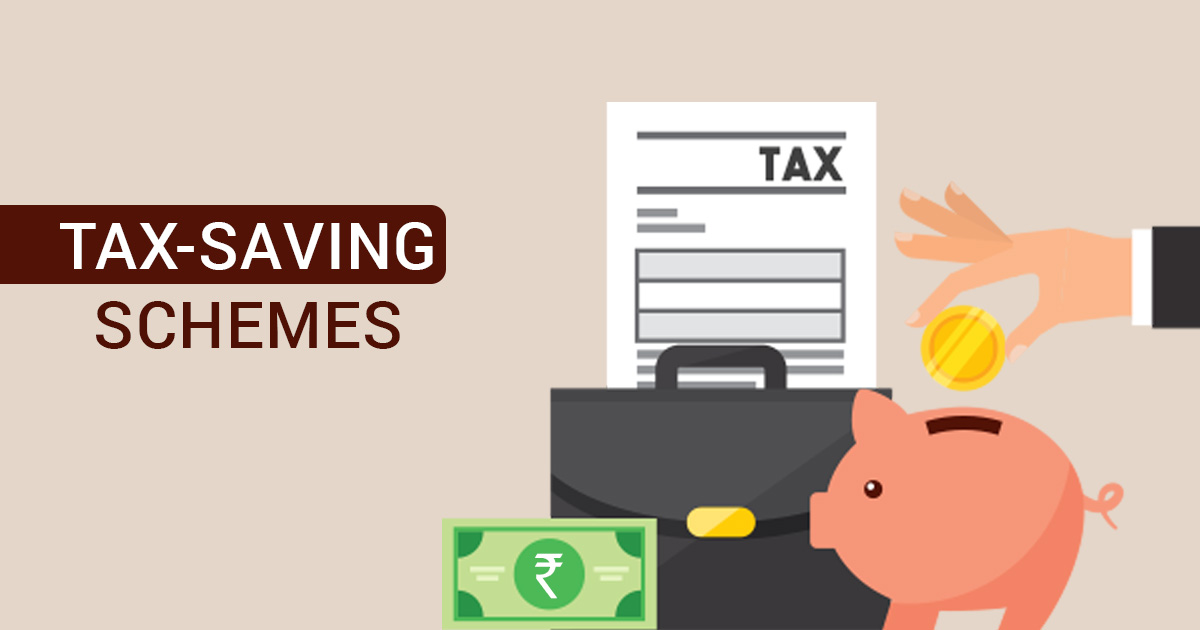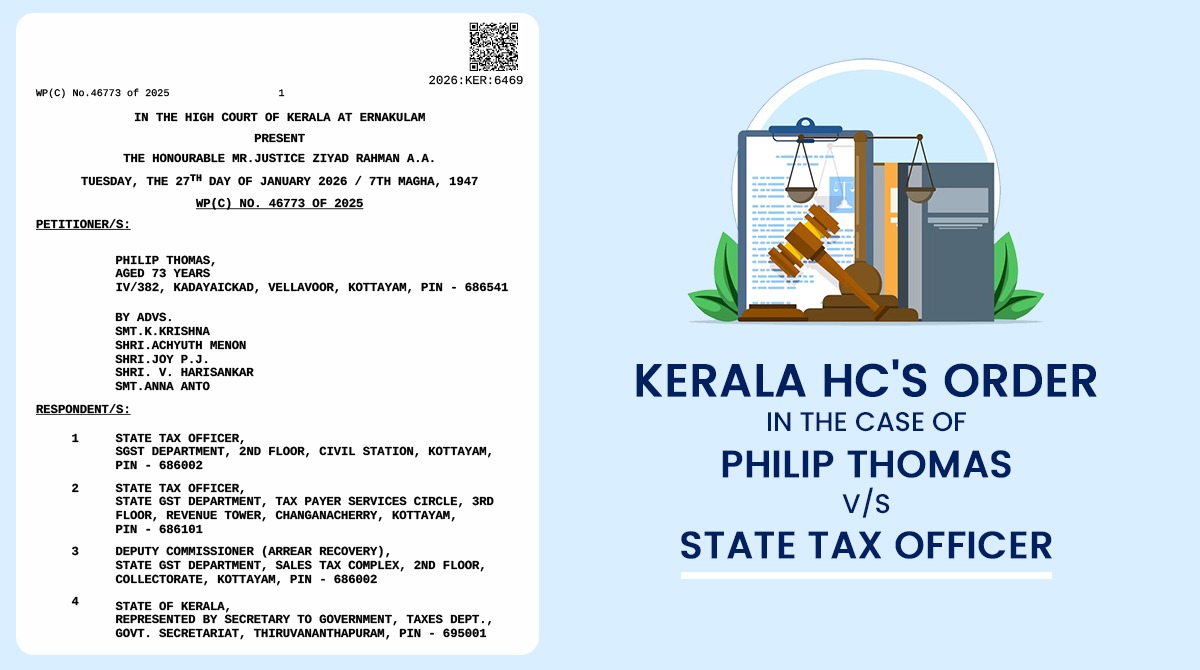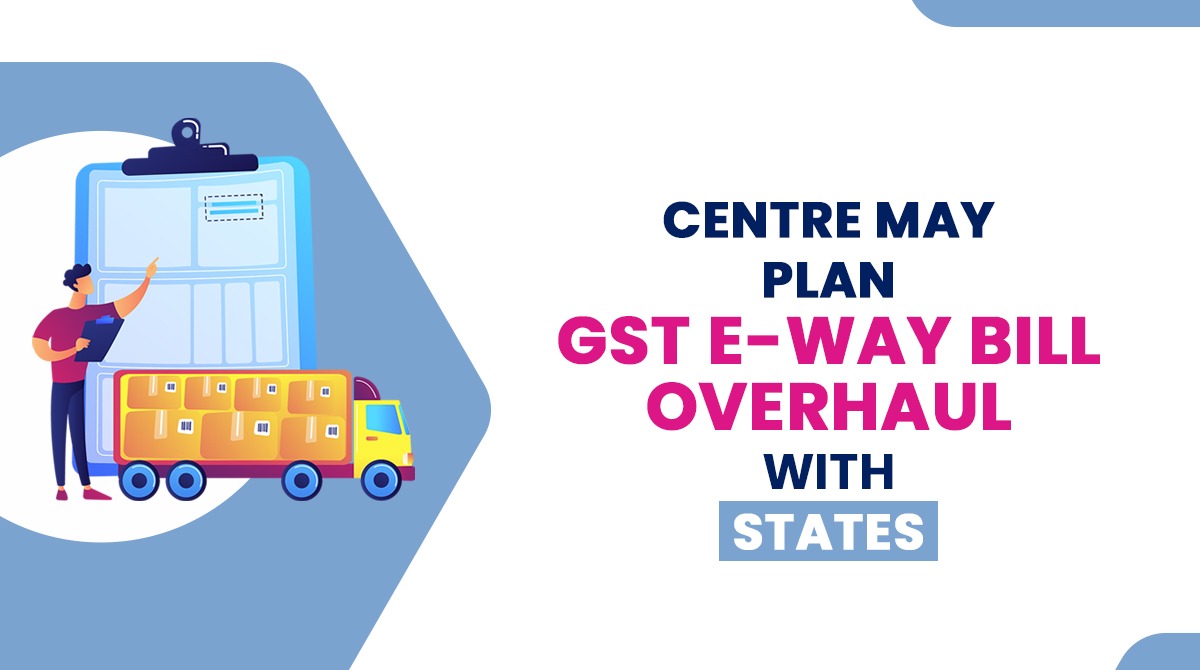
In a reply to a debate on the Finance Bill in Lok Sabha, the Finance Minister said that there are no changes made in the tax rates but the people are provided with a few rebates which encourage spending, thus, the scheme is a help to the economy.
The Finance bill during the budget session, which enclosed the tax proposal, has been passed in the Lok Sabha with a voice vote.
The Minister also proposed an increase in the tax rebate for people who have an annual earning up to Rs 5 lakh, i.e. from Rs 2,500 to Rs 12,500. This would ensure that people falling under this category would be exempted from paying any tax. The bill has also brought with it a proposal to raise the standard deduction from Rs 40,000 to Rs 50,000
The Finance bill also reflects the standard deduction apart from a host of tax benefits offered to the home buyers. The standard deduction has been raised from Rs 40,000 to Rs 50,000.
Read Also: Explained: Calculation of Income Tax For Assessment Year 2020-21
The concessions proposed in the Finance Bill are aimed at helping “poor and middle-class people living on a tight budget…This is the interim budget. We have not brought any tax proposal…we will bring them in July,” Goyal said.
After the upcoming general elections, the next government would come up with a full budget containing Finance bill along with the tax proposals for 2019-20 in July.
The Minister expressing his concern regarding the proposed tax deduction rebate and the farmer income scheme said that those parties who are against the tax deduction rebate for the poor and the middle class and the farmer income scheme, should come forward and get it marked in their manifesto that they are intended to reduce tax exemption limit and would withdraw the Farmer pension scheme after coming into power.
Earlier, explaining his tax proposals, Goyal had said that raising the rebate for the ones whose annual income is Rs 5 lakhs is a move to ensure greater certainty about tax liability as their salary payment is subject to TDS. Further, the Minister talked regarding the section earning between Rs 9 to Rs 9.5 lakh, who could escape income tax liability by adhering to a host of tax savings schemes under the Income Tax Act. Such a scheme would improvise savings and boost economic growth. He advocated that Modi government in the last four-and-a-half years have worked for the welfare of almost every section of the society and taxpayers. He said that the tax collection in India has doubled and within the last five years, which has made the country the fastest growing major economy in the world.
“Higher collections has enabled the government to earmark more resources for the socially and economically deprived sections of the society,” he said.
The senior citizen would be benefited by the proposal which has been made to raise the standard deduction from Rs 40,000 to Rs 50,000 and bringing a hike in the TDS limit on the interest income from Rs 10,000 to Rs 40,000.
“The housing sector will too get a boost on account of the proposals including interest subvention, allowing capital gains tax exemption on the purchase of two flats from proceeds of a sale of a house and hiking rebate on repayment of home loans.”, he said
He further added that the government has been working in the housing area in order to ensure house for every citizen targeted, the 75th year of Independence.
Recommended: All Updates of Union Budget 2019 on GST, Income Tax & TDS
While talking about the Fiscal deficit, he said that being a chartered accountant he is capable enough to show the fiscal deficit at the targeted level of 3.3 per cent of the GDP for 2018-19. But he avoided window dressing and focussed on preparing the Budget honestly. The Fiscal deficit is expected to increase by up to 3.4 per cent of the GDP against the target of 3.3 per cent.









